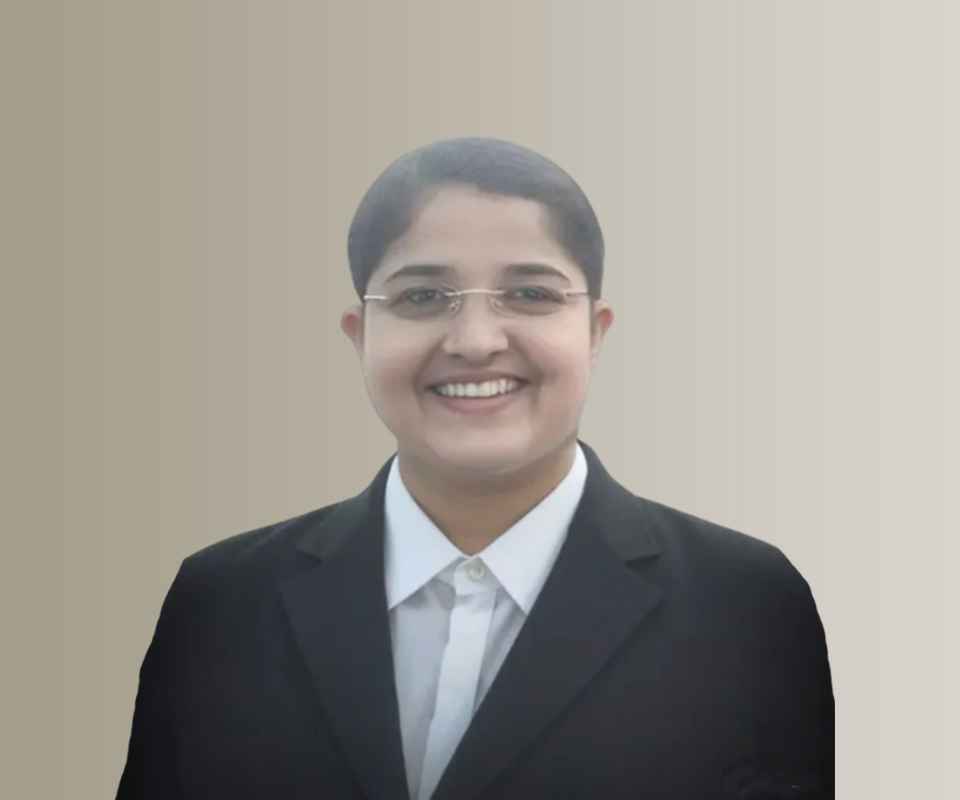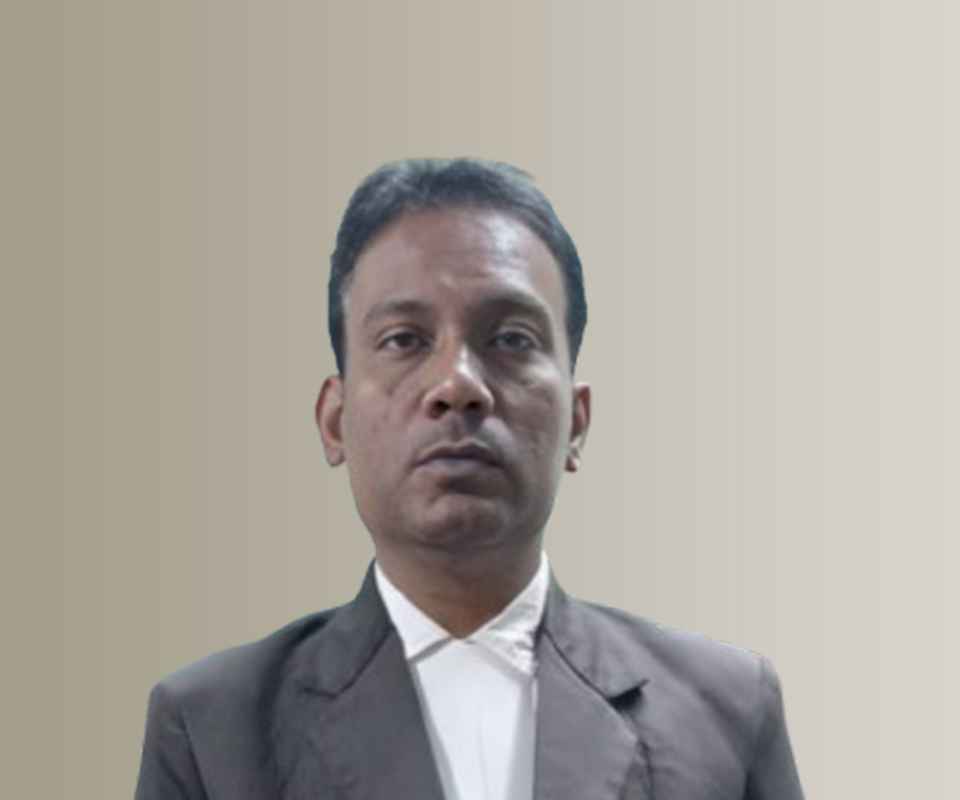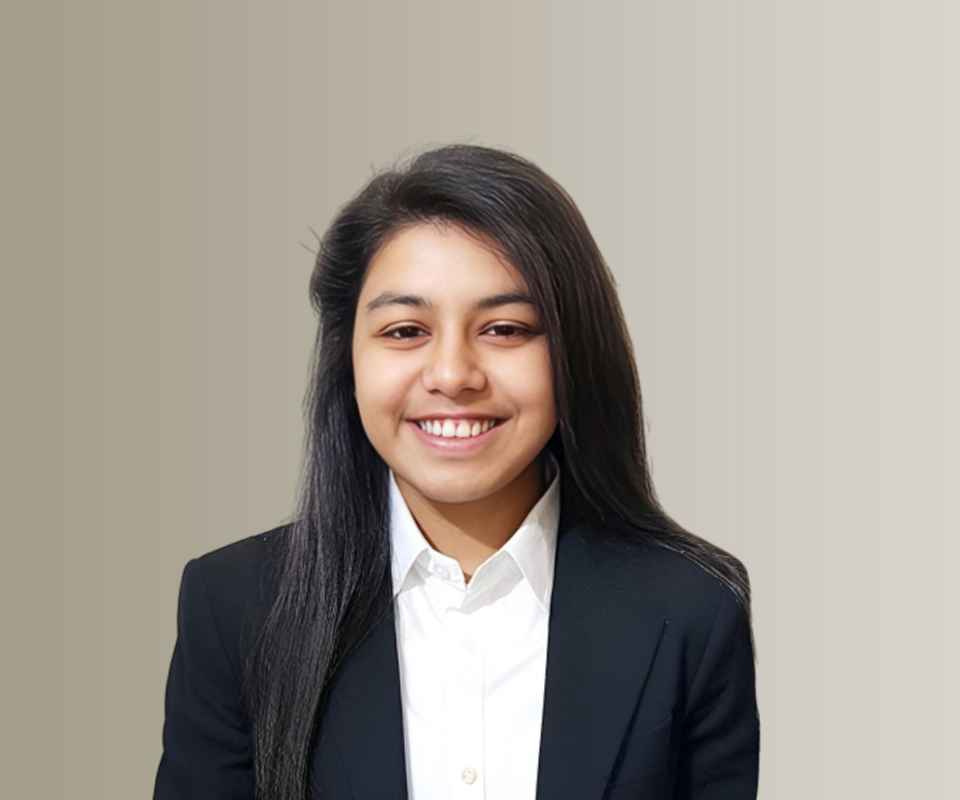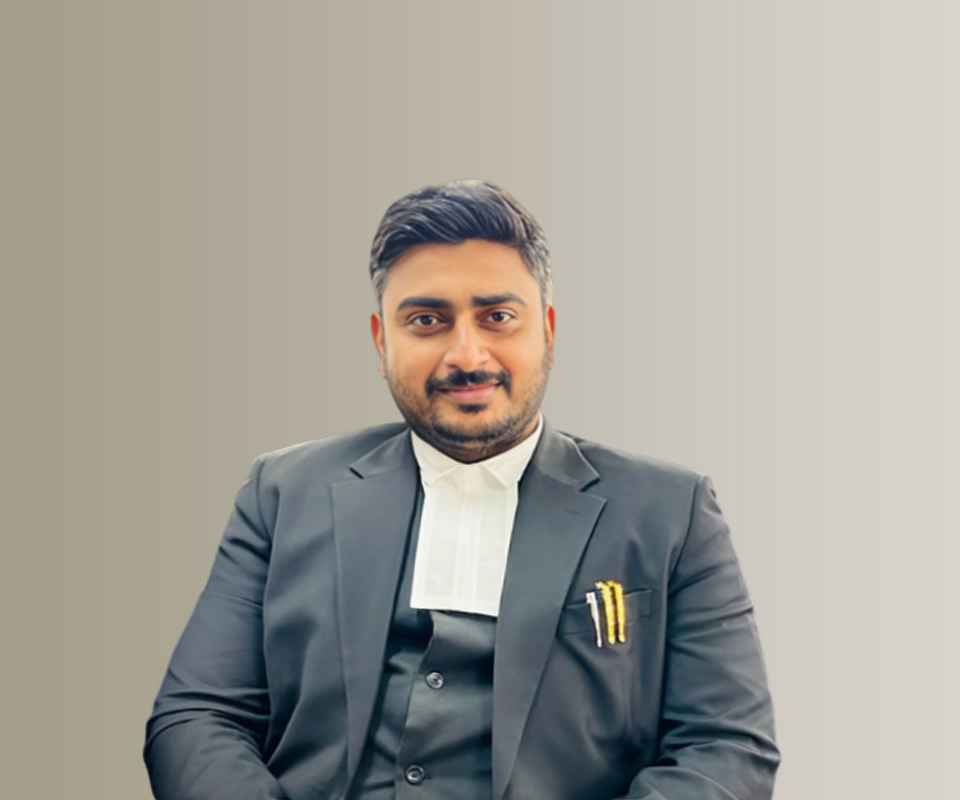Answer By law4u team
Bharatiya Nagarik Suraksha Sanhita, 2023 - Section 311: Record in Trial Before Court of Session
(1) In all trials before a Court of Session, the evidence of each witness shall, as his examination proceeds, be taken down in writing either by the presiding Judge himself or by his dictation in open Court, or under his direction and superintendence, by an officer of the Court appointed by him in this behalf.
(2) Such evidence shall ordinarily be taken down in the form of a narrative, but the presiding Judge may, in his discretion, take down, or cause to be taken down, any part of such evidence in the form of question and answer.
(3) The evidence so taken down shall be signed by the presiding Judge and shall form part of the record.
Brefe Detail
Section 311 of the Bharatiya Nagarik Suraksha Sanhita, 2023, describes the procedure for recording evidence in trials held before a Court of Session. It mandates that the evidence be documented by the presiding Judge or an appointed officer. The section emphasizes that evidence should generally be recorded in narrative form, with an allowance for question-and-answer format as needed. The signed evidence becomes an official part of the court record.
Question & Answers
Q1: What is the focus of Section 311?
A1: The focus is on the recording of evidence in trials before a Court of Session.
Q2: Who is responsible for taking down the evidence?
A2: The evidence can be taken down by the presiding Judge himself, by his dictation, or by an officer appointed by him.
Q3: In what format should the evidence be recorded?
A3: The evidence should ordinarily be taken down in narrative form, but parts may also be recorded in a question-and-answer format at the Judge's discretion.
Q4: How is the recorded evidence validated?
A4: The evidence taken down must be signed by the presiding Judge to become part of the official record.
Example
1. Case of Witness Testimony: During a trial, the presiding Judge records a witness's testimony in narrative form as the witness describes the events.
2. Question and Answer Format: The presiding Judge asks specific questions to clarify a witness's statement, recording this interaction in question-and-answer format.
3. Officer-Assisted Recording: If the presiding Judge is occupied, an appointed officer may document the witness's testimony under the Judge's supervision.
Summary
Section 311 of the Bharatiya Nagarik Suraksha Sanhita, 2023, establishes the protocol for recording evidence in Court of Session trials. It allows for flexibility in documentation methods, ensures that evidence is captured in both narrative and question-and-answer formats, and mandates the signature of the presiding Judge to affirm the evidence as part of the court's official record.







